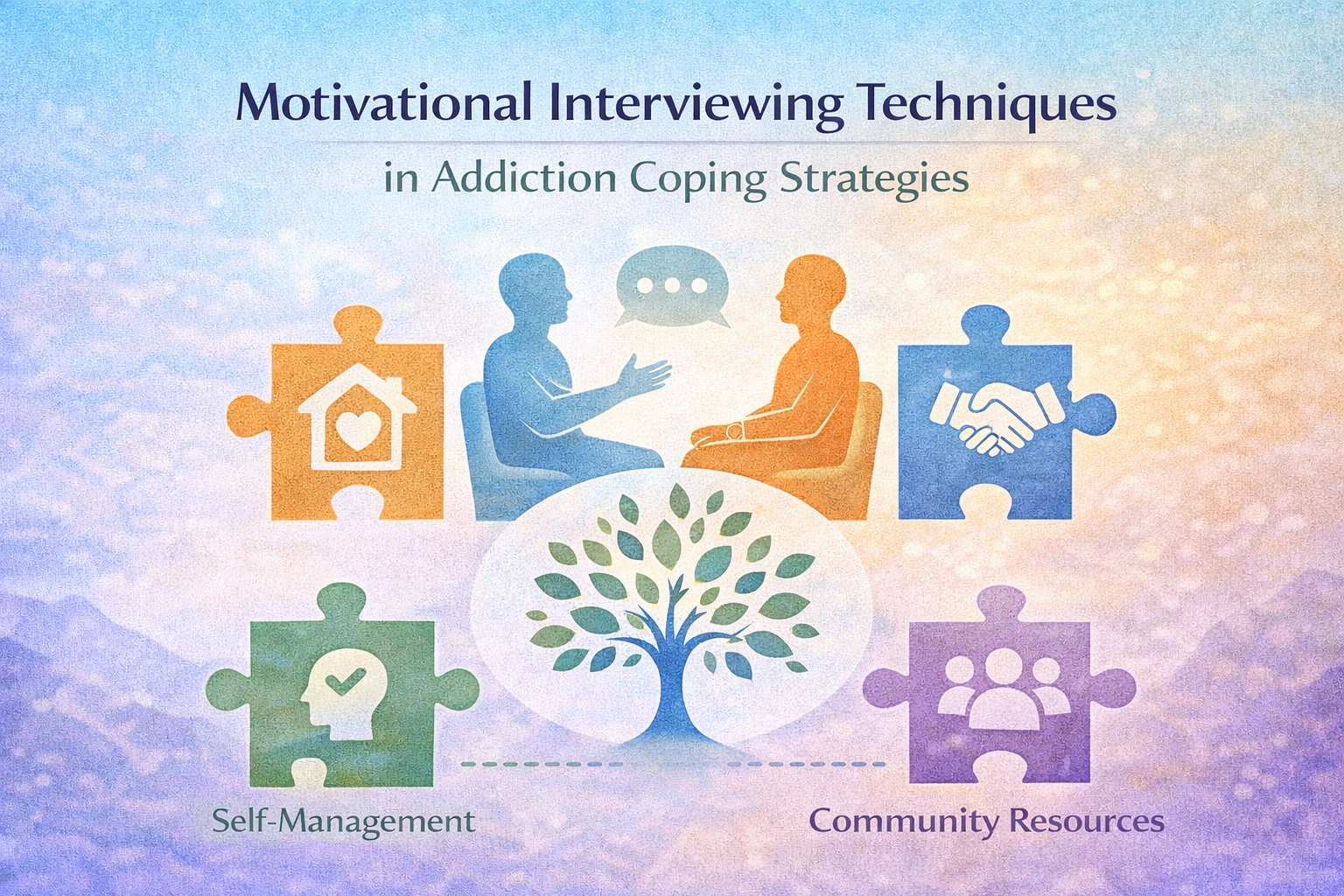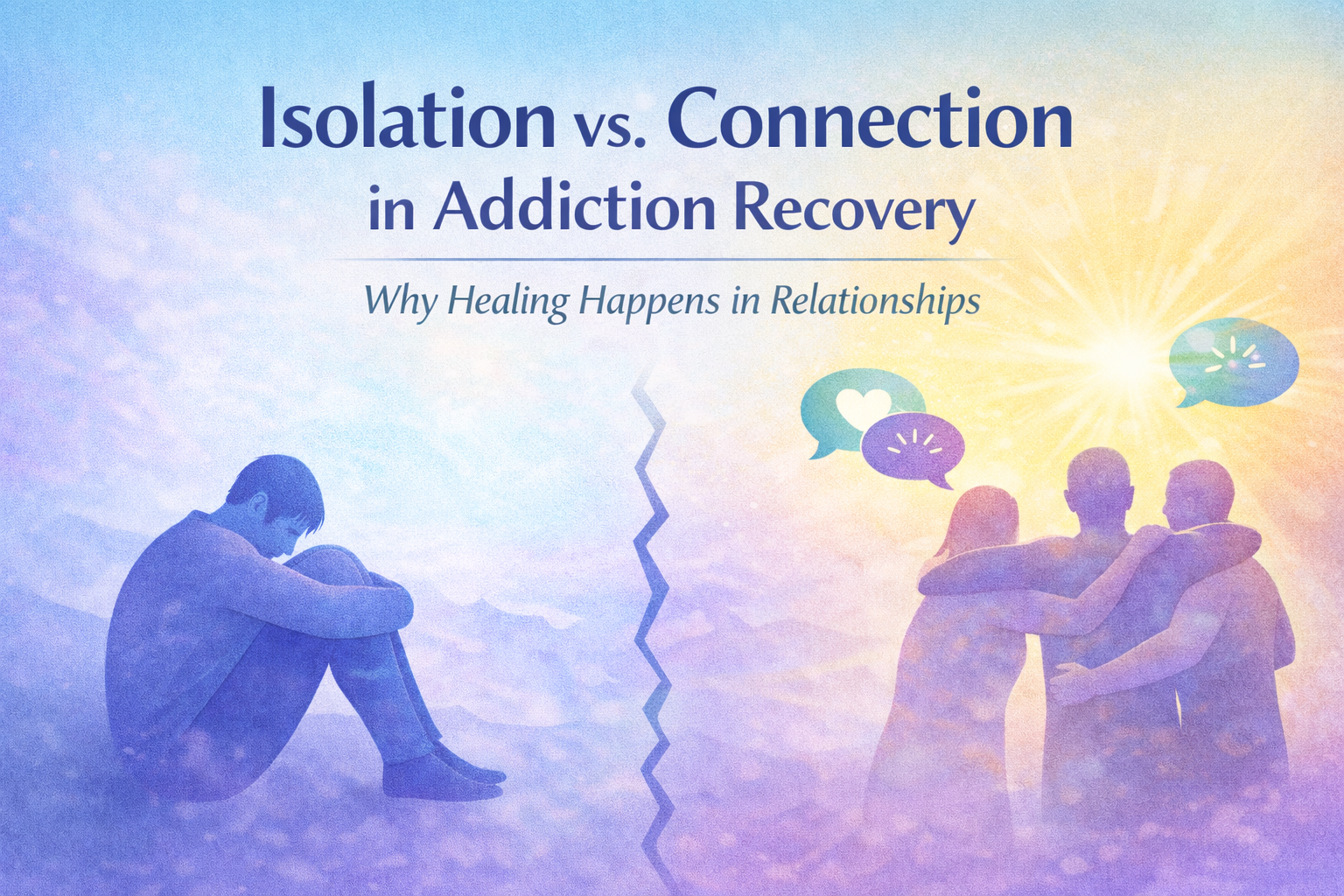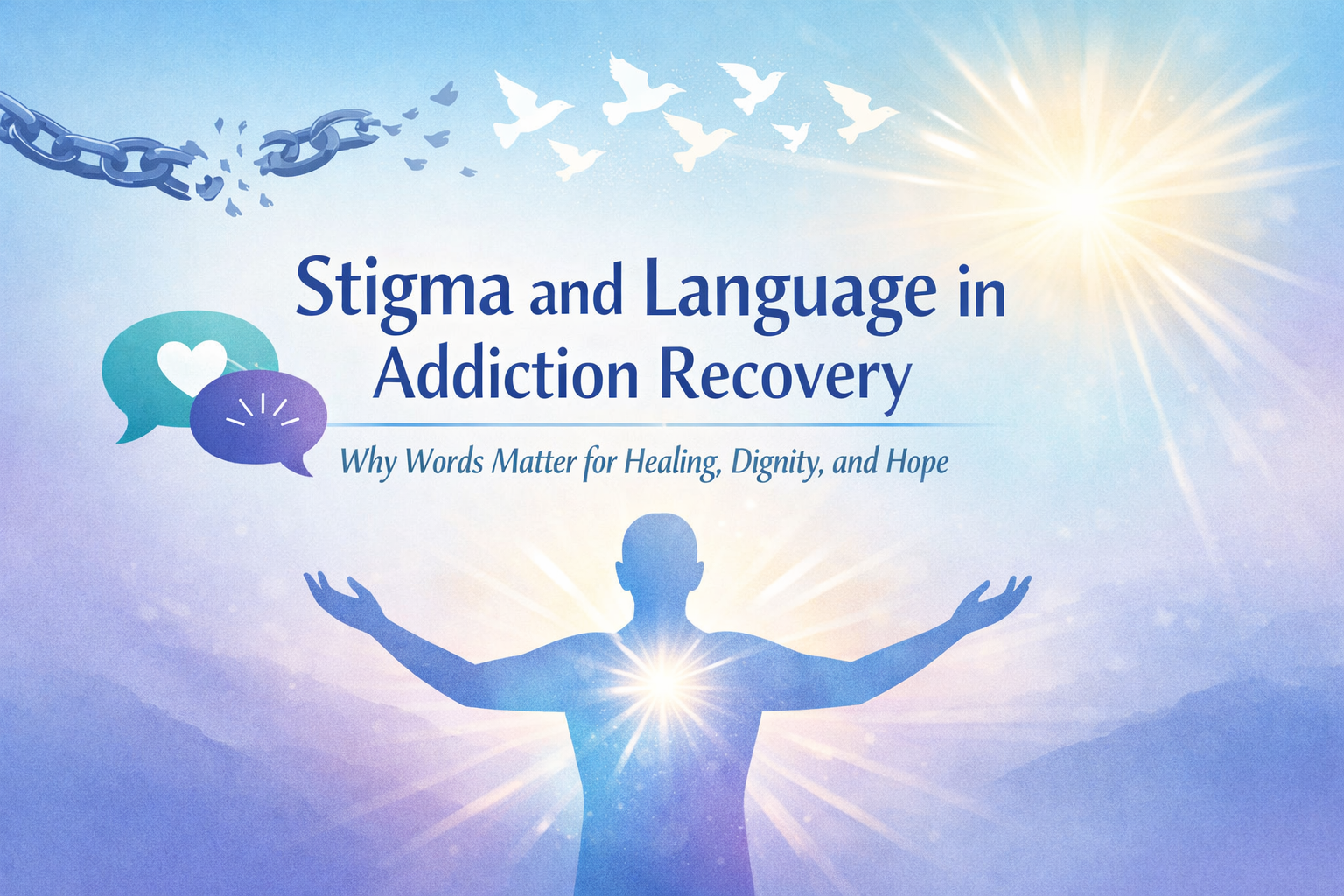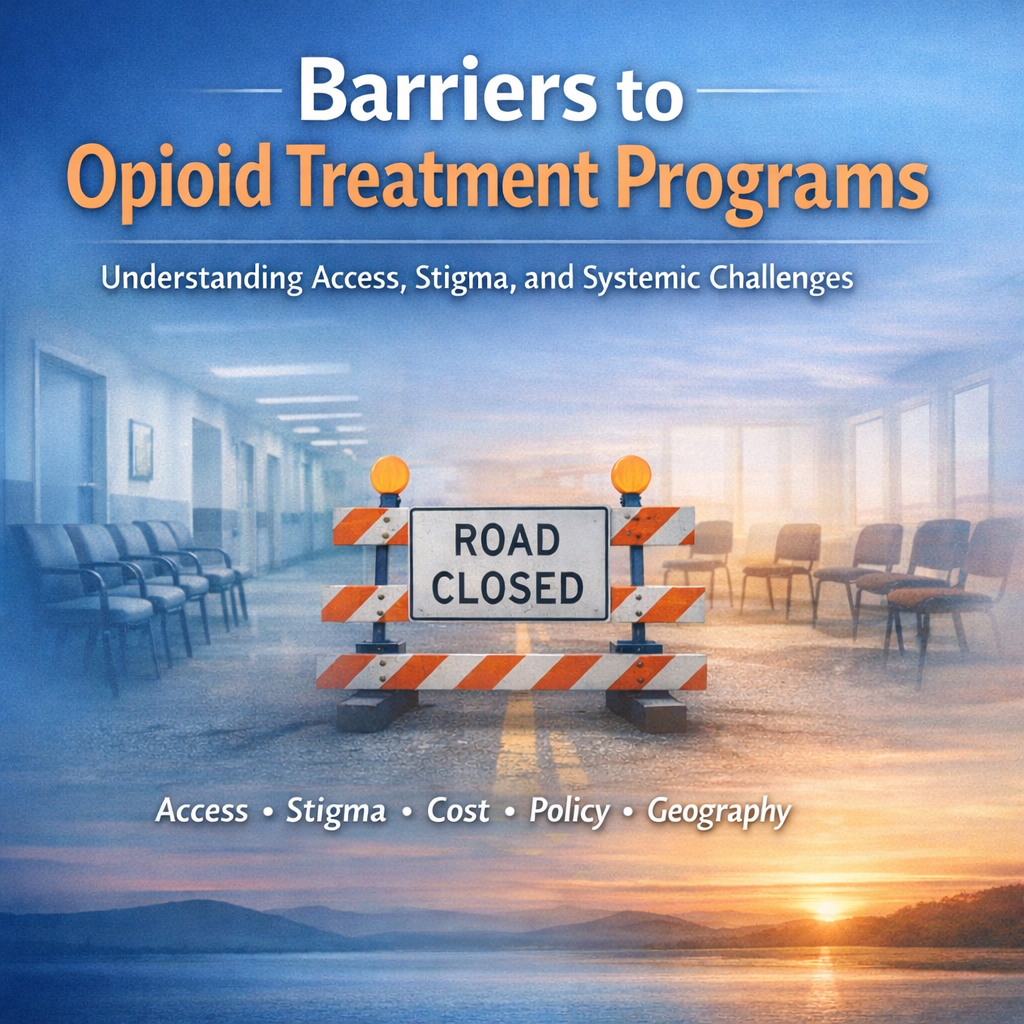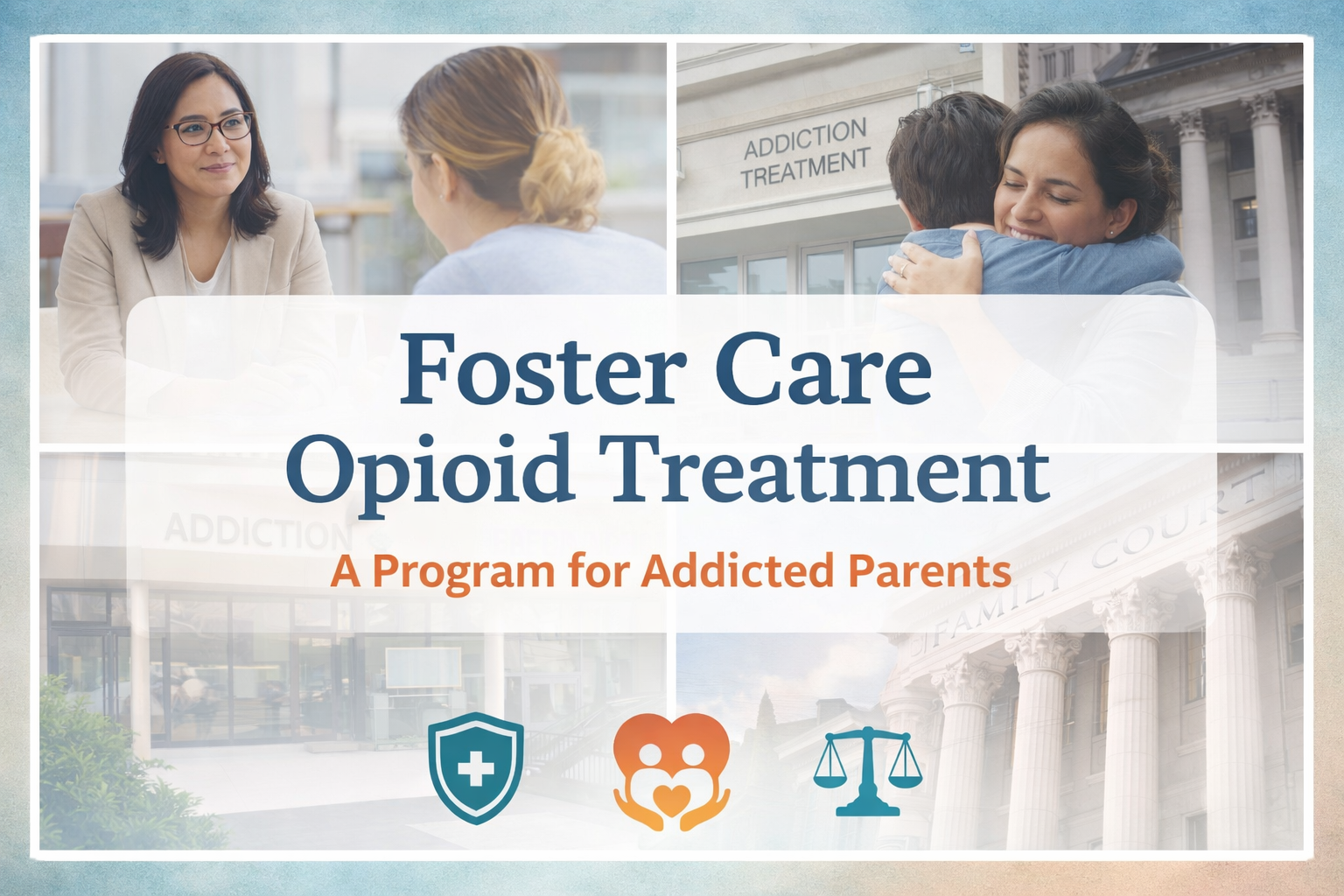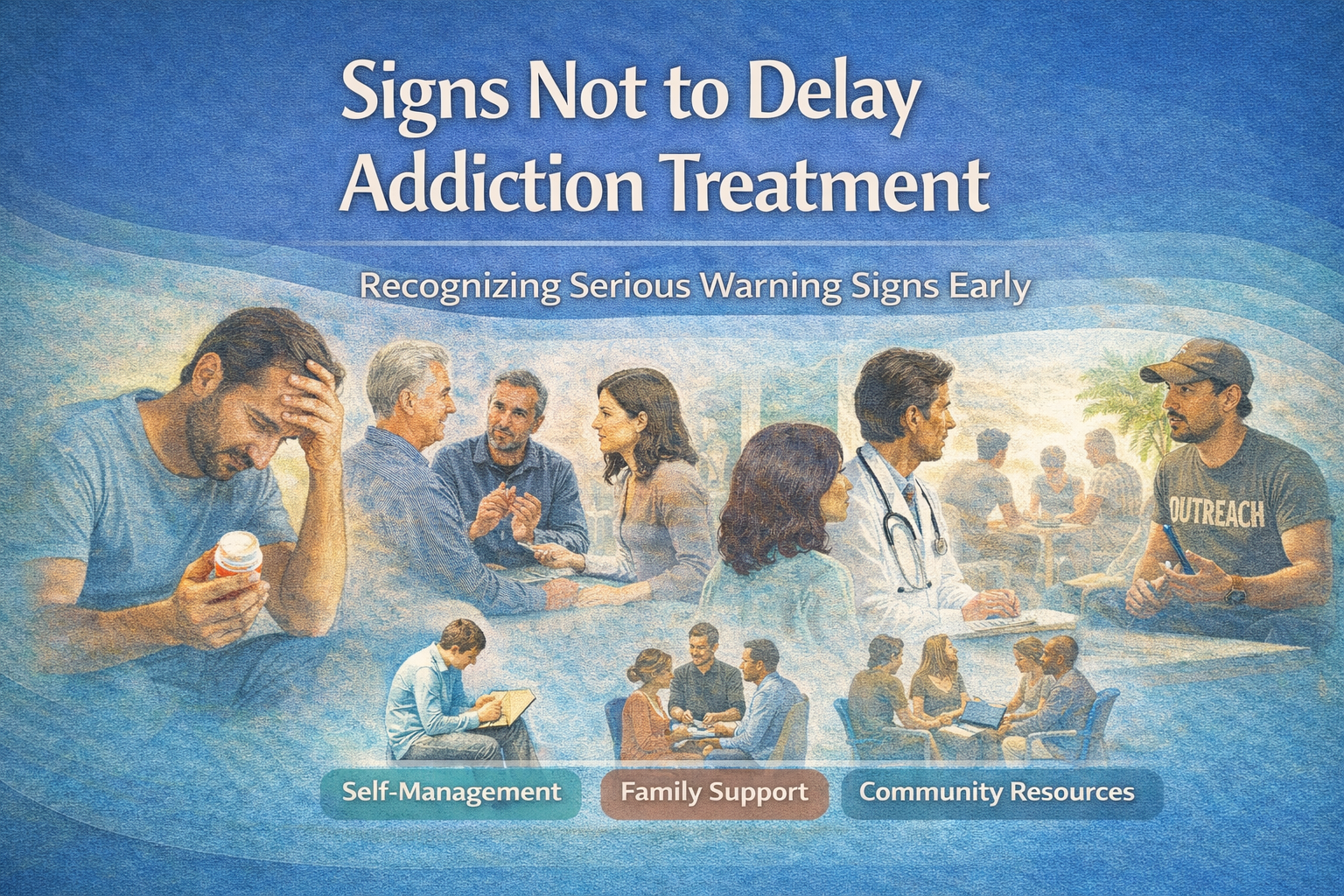How Nations Lower Drug Rates
Lowering addiction rates within a country requires a comprehensive and sustained public health approach rather than isolated interventions. Substance use disorders develop through a complex interaction of biological vulnerability, psychological stressors, social environment, and economic conditions. Therefore, meaningful reduction in national addiction rates depends on coordinated strategies across multiple levels—individual self-management education, family stability, accessible … Read more




